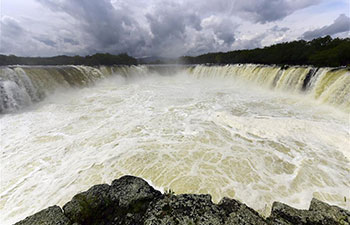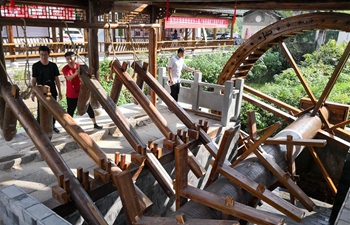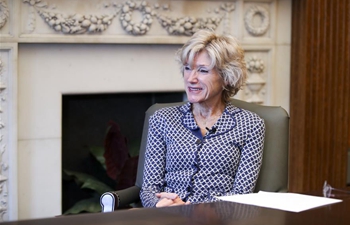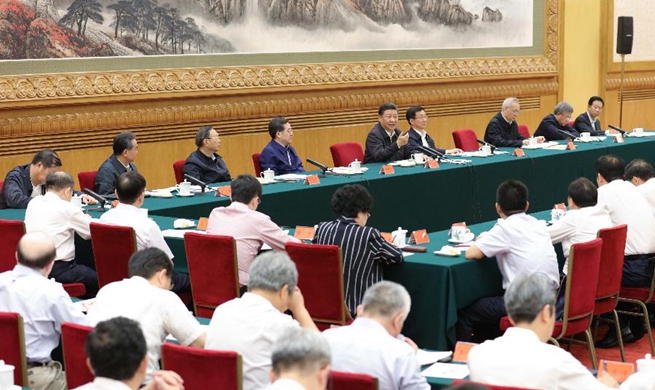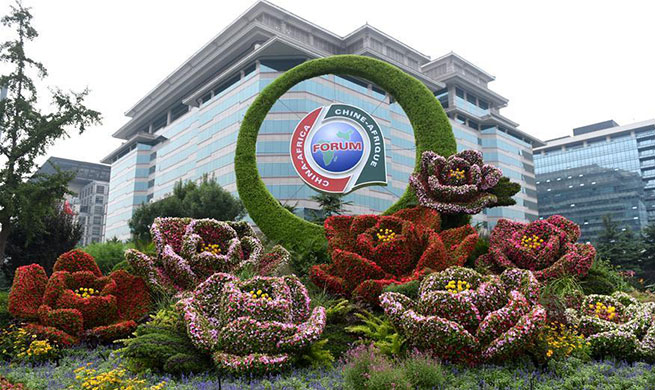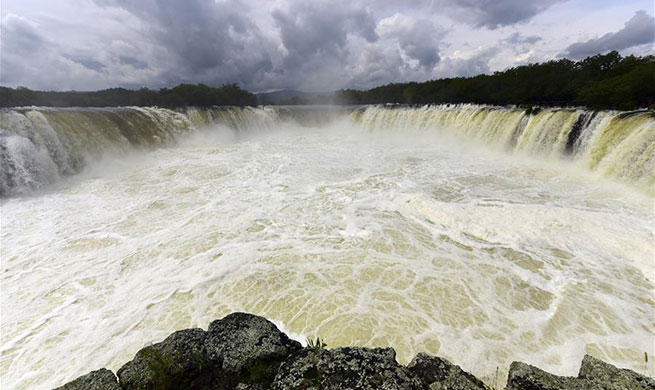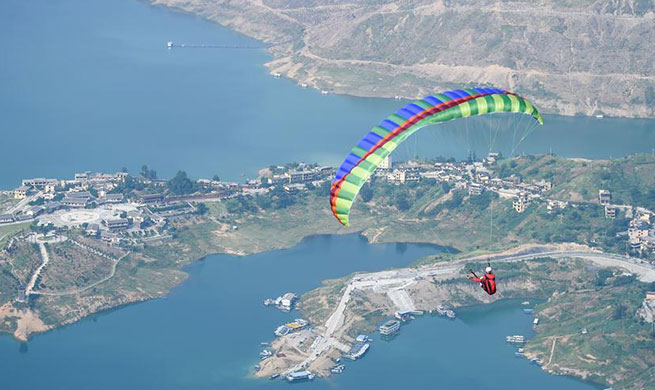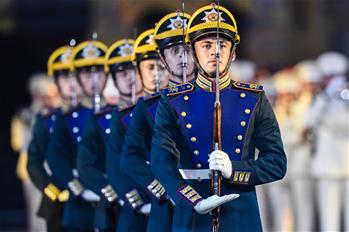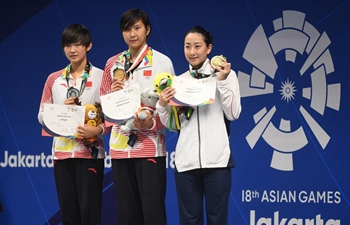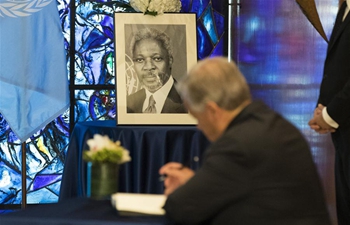KHARTOUM, Aug. 28 (Xinhua) -- The latest round of South Sudan peace talks ended on Tuesday in Khartoum, Sudan's capital, with the major opposition group refusing to sign a draft final deal.
South Sudan's government and other smaller political parties, including the political detainees groups, signed the final deal on ending the conflict in South Sudan, Sudan's Foreign Minister Al-Dirdiri Mohamed Ahmed told reporters.
But the major opposition group, Sudan People's Liberation Movement-in-Opposition (SPLM-IO) led by Riek Machar, "expressed unwillingness to sign at this stage," he added.
Since Aug. 13, Sudan has been hosting the third round of the South Sudan peace talks, with the aim to reach a comprehensive peace agreement to complete two previous deals the parties signed earlier in Khartoum.
On June 27, the South Sudanese rivals signed the Khartoum Peace Agreement on South Sudan, followed by the signing of another deal on security arrangements and power-sharing on Aug. 5.
Ahmed explained that the agreement would be submitted to the summit of the Inter-Governmental Authority on Development (IGAD) to sign on prior to be presented to the parties for final signing.
Manawa Peter, SPLM-IO's spokesman, told reporters that the group refused to sign the agreement for logical reasons, including its disagreement with a decision-making mechanism in the executive and legislative body.
"We also reject establishment of a commission to revise the constitution and demand convening of a constitutional conference involving all sons of South Sudan," he said.
He noted that the main issue which the parties have not reached consensus on is the number of the states, pointing out that all the previous agreements reached spoke about 10 states and not the 32 states founded by a unilateral decision by the South Sudan government.
The third round of South Sudan peace talks were convened to discuss the outstanding issues related to the powers of the president and vice presidents, representation in the judicial authority, revision of the number of the states, and naming new ministries.
Earlier, the South Sudanese opposition alliance demanded revision of the administrative division of South Sudan and reconsideration of the number of the 32 states.
In October 2015, South Sudanese President Salva Kiir issued a decree to dissolve the Council of the States, which operated under the administrative division of 10 states, while establishing 28 states.
In January 2017, Kiir issued a separate decree establishing an additional four states, bringing to 32 the total number of states in South Sudan.

